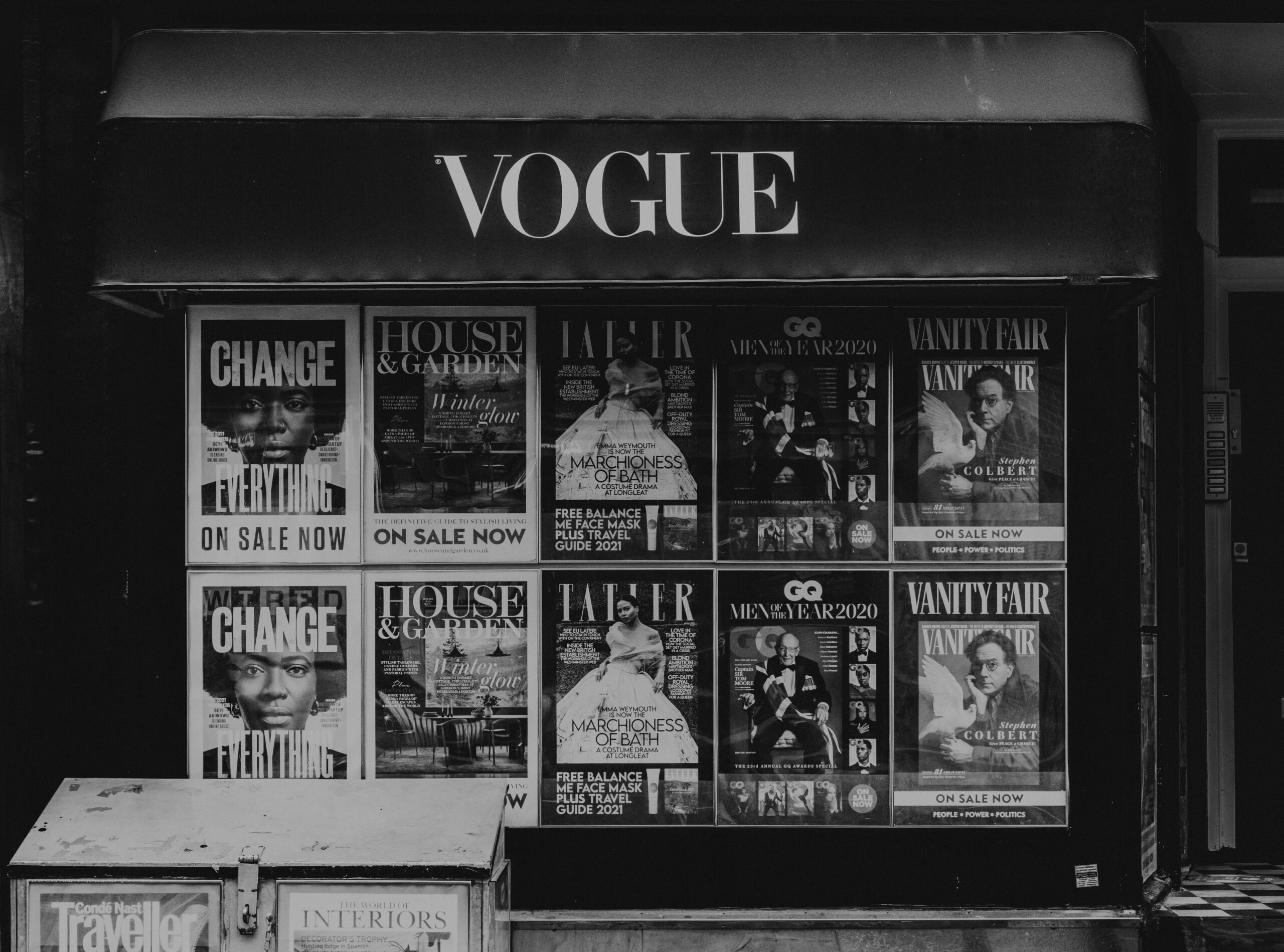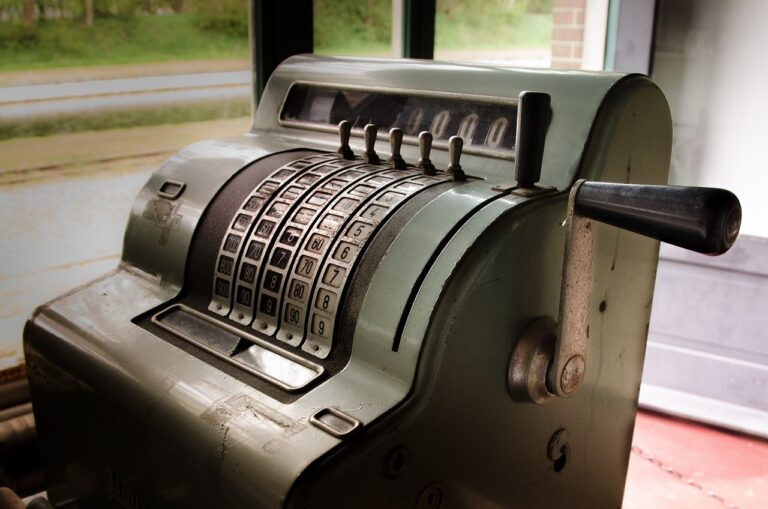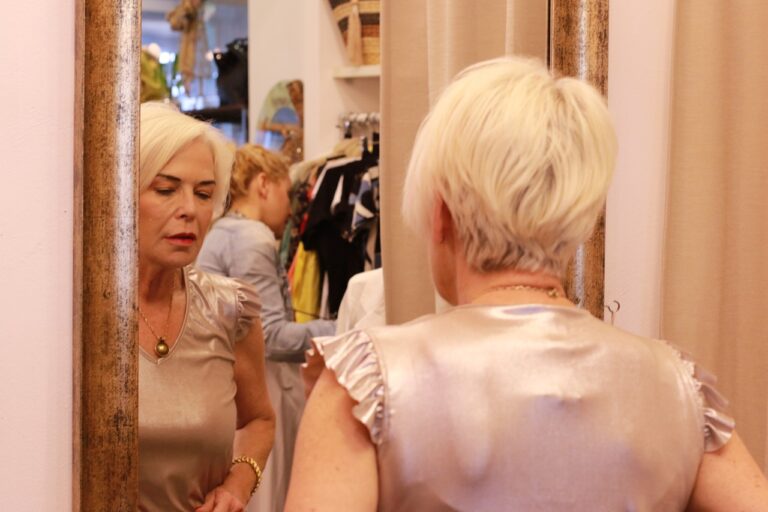The Psychology of Impulse Buys: Understanding the Emotional Drivers
Impulse buying behavior is influenced by various factors that can sway consumers in the moment. One key factor is the individual’s psychological state at the time of the purchase. Emotions such as excitement, stress, or even boredom can all play a role in pushing someone towards making an impulse buy. Additionally, social factors can also have a significant impact on impulse buying behavior. Peer pressure or the influence of friends and family members can lead individuals to make spontaneous purchases they may not have otherwise considered.
Another important factor in impulse buying behavior is the environment in which the consumer finds themselves. Retailers strategically design store layouts and product placements to entice consumers to make impulse purchases. Factors such as eye-catching displays, limited-time offers, and strategic positioning of products can all influence a consumer’s decision to buy on impulse. Moreover, the availability of online shopping has further amplified impulse buying behavior, as consumers can make purchases with just a few clicks, often without fully considering the consequences.
• Psychological state of the individual at the time of purchase
• Emotions like excitement, stress, or boredom
• Social factors influencing impulse buying behavior
• Peer pressure and influence from friends and family members
• Environmental factors impacting impulse buying behavior
• Store layouts and product placements designed to entice consumers
• Eye-catching displays, limited-time offers, strategic positioning of products
• Influence of online shopping on impulse buying behavior
• Easy accessibility leading to quick purchases without full consideration
The role of emotions in impulse purchases
Emotions play a crucial role in driving impulse purchases. When individuals experience strong emotions like joy, excitement, or even stress, they are more likely to make spontaneous buying decisions. These emotions can override rational decision-making and lead to impulsive behavior, especially when combined with a sense of urgency or scarcity.
Furthermore, emotions can also be influenced by external factors such as marketing strategies and displays in stores. The use of bright colors, catchy slogans, and appealing visuals can evoke specific emotional responses in consumers, triggering impulse purchases. Retailers often capitalize on emotions by creating a sense of FOMO (fear of missing out) or exclusivity, prompting customers to make unplanned purchases to satisfy their emotional desires.
Impulse buys and the brain’s reward system
Impulse purchases trigger a complex interplay within the brain’s reward system. When faced with an enticing item, the brain releases dopamine, a neurotransmitter associated with pleasure and reward. This surge in dopamine enhances the feelings of gratification and satisfaction, reinforcing the behavior of impulse buying. Research suggests that the anticipation of a reward from making an impulse purchase activates the brain’s reward circuitry, leading to impulsive decision-making.
Furthermore, the brain’s reward system is also influenced by external factors, such as marketing strategies and product presentations. Visual stimuli, such as attractive packaging or prominent displays, can intensify the brain’s response to potential rewards, making impulse purchases more enticing. As individuals experience the rush of dopamine from impulsive buying, the brain forms associations between the act of purchasing and the pleasurable feelings it generates, contributing to repeated instances of impulse buying behavior.
What are some factors that influence impulse buying behavior?
Some factors that influence impulse buying behavior include marketing strategies, personal preferences, social influences, and the shopping environment.
How do emotions play a role in impulse purchases?
Emotions can play a significant role in impulse purchases as they can influence decision-making processes and lead to impulsive buying behavior.
How does the brain’s reward system impact impulse buys?
The brain’s reward system, which is responsible for feelings of pleasure and satisfaction, can be triggered during impulse buys, leading to a sense of gratification and reinforcement of impulsive behaviors.



